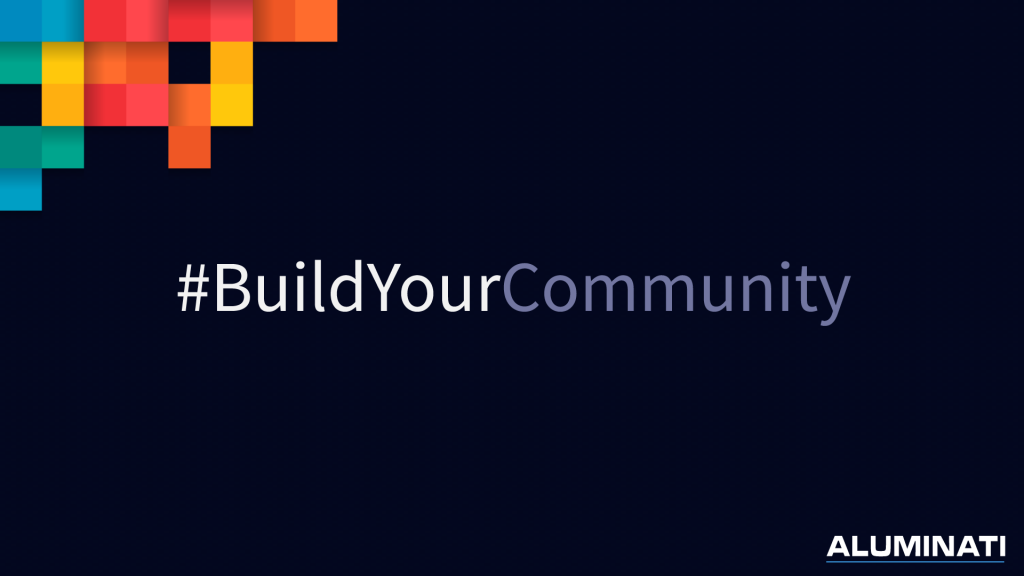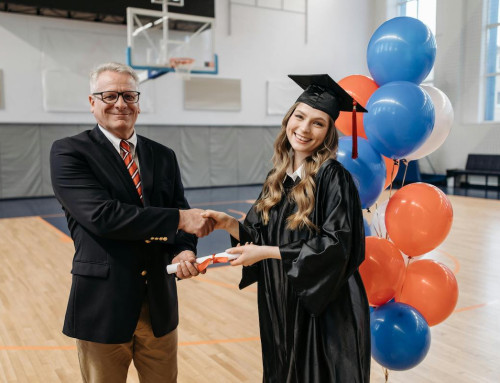Alumni fundraising is an essential aspect for institutions to maintain a certain level of excellence. As there is so much that rests on successful alumni fundraising, developing an effective alumni fundraising strategy is paramount.
It is also imperative that institutions stay updated with trends and provide an ongoing alumni experience that best facilitates fundraising and engagement with members.
Here are some of the best ways to achieve this.

1. Make Your Campaigns Targeted
When marketing a fundraising campaign for alumni, institutions could make the mistake of making this campaign about the university. Instead, the campaign should be about the alumni. Always focus on putting your target audience first, and making them feel like the fundraising efforts are about them.
For example, use language like “your university” over “the university” and communicate stories and experiences that your alumni can relate to. This type of alumni relationship marketing helps alumni feel a deeper connection to the institution, which will help to result in more successful fundraising efforts.
Watch the video below to find out how Aluminate Community Builder can implement targeted fundraising campaigns across your community.
Find out how Aluminate Community Builder can help you build your community.
2. Segment Your Alumni Lists
One of the best ways to run a fundraising strategy is to target different alumni groups with different messages and content. The way you approach alumni will make a major difference to what they might offer.
For example, a fresh graduate and a major supporter have two very different things to offer. Asking them for the same donation is going to be ineffective.

To achieve this, you will need a database of all your alumni. A great strategy would be to divide your alumni into three lists. These could include fresh graduates, mid-tier existing donors, and major donors. You could also create a list of alumni who have never made donations.
Targeting each list with strategic requests and content will help you deliver a more personalized alumni fundraising strategy. Ultimately, this will result in securing more donations.

3. Develop a Highly Engaged Alumni Network
To achieve this, your institution will need to use the right alumni network platform.
By simply using the right online platform, it is easier to interact with your alumni and keep them engaged with your brand; and in turn, they will be more willing and eager to remain connected with your institution.
A platform like Aluminate for Education facilitates easy alumni networking and provides institutions with all the tools and features they need to engage and connect with alumni effectively.

4. Build An Alumni Community
Another strategy to improve alumni fundraising is to focus your fundraising strategy on a community, and not on individuals. Yes, you want to personalize your outreach, but having an alumni community makes it easier to get more people actively involved.
Developing an engaged community can be achieved through events, sending newsletters, facilitating networking opportunities, and more. Having an easily-accessible alumni directory can also help to strengthen communities.
By starting with an active community of alumni, instead of a handful of individual donors, you can raise awareness around fundraising and gather more interest.

5. Don’t Forget Young Alumni
Fresh graduates probably don’t have the ability to make donations to your institution. However, this doesn’t mean they should be left out of your alumni fundraising strategy.
In order to develop long-term sustainable alumni fundraising strategies, institutions should focus on engaging with alumni as early as possible. By building relationships with fresh graduates from the start, institutions will be better positioned to obtain donations from them later on.
Another effective strategy specific to new alumni is to encourage them to get involved with their community by reaching out to their networks. They may not personally make donations at a young age, but their connections may add value, or make donations.

6. Create Strong Relationships
You can’t expect an old graduate to just turn up out of the blue and offer a large donation. Instead, your institution will need to develop a relationship with that alumni over time.
To do this, you should focus on creating and adding value. This could mean running events that alumni are interested in, sharing valuable content (like articles and videos), and scheduling alumni networking opportunities.
Strong alumni relationships form the foundation for alumni fundraising. Developing these relationships requires consistent effort and outreach.

7. Show Your Appreciation
Attracting donations is the first step. The second step is trying to secure those donations again the next year. The best way to do this is to ensure that alumni feel appreciated and valued for their contributions.
Whether an alumni make a $50 donation or a $5000 donation, make sure that they are recognized for their efforts. Alumni fundraising shouldn’t only be focused on dollar amounts, but it should also be focused on levels of engagement and participation.

8. Incentivize Alumni
You may struggle to attract donations if alumni feel like they’re not actually making an actual difference or are getting something in return. Thus, it is important to make sure that you add value to alumni.
Host events that they will deem value-add, with plentiful networking opportunities, and highlight the significance of the contribution to your institution and what fundraising will help you achieve. If alumni understand the value of their contributions, they will be more willing to donate, on an annual basis.

Summary
By providing a sumptuous alumni experience and building and developing relationships with alumni, institutions can enhance fundraising strategies in a big way.
It is imperative to start relationship-building from the early stages and continue to work on the bond for the long term. This can be achieved by engaging with alumni on a regular basis and adding value by sharing valuable content and information.
Follow the tips above and focus on forging lasting alumni relationships. When done right, your alumni can be one of your institution’s most valuable assets.





